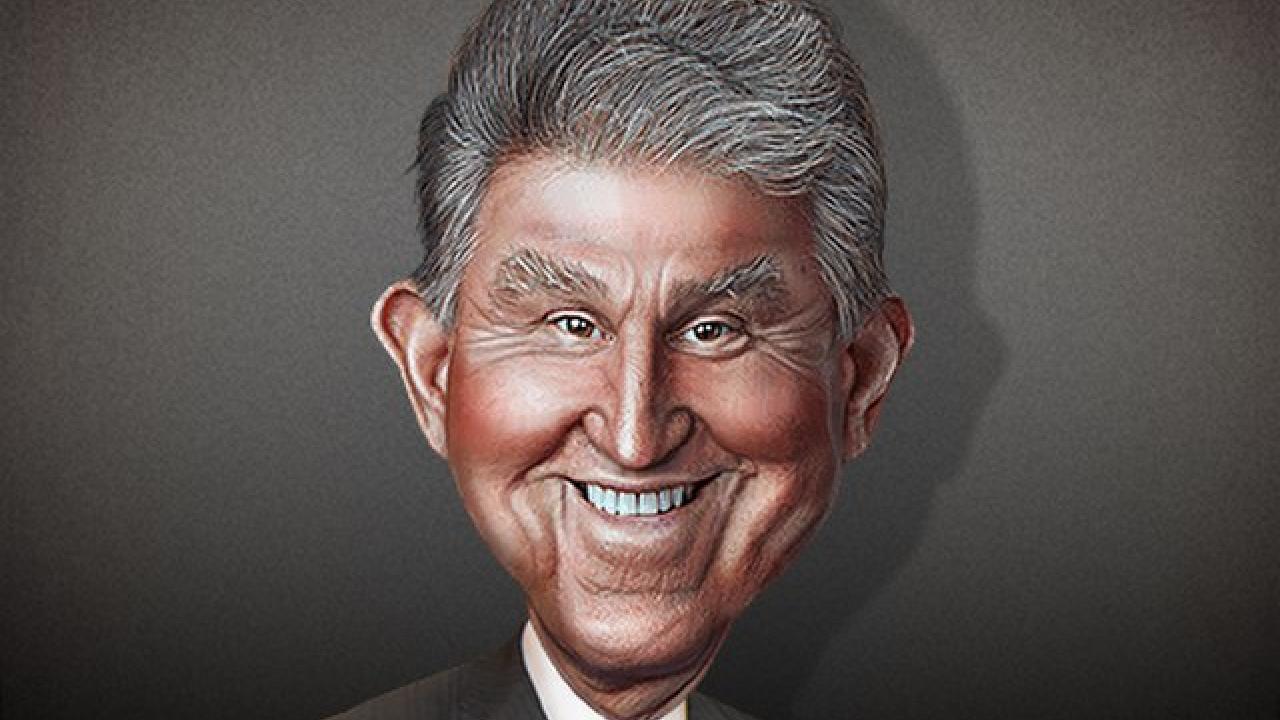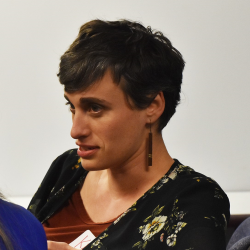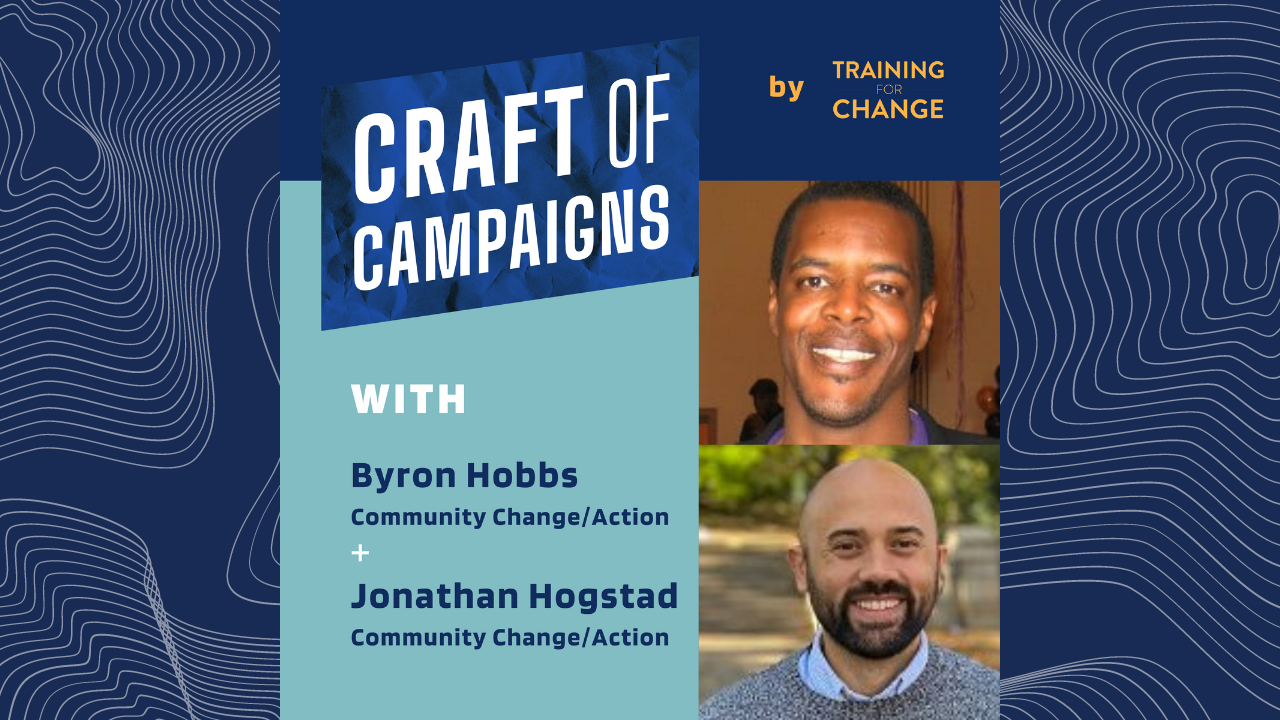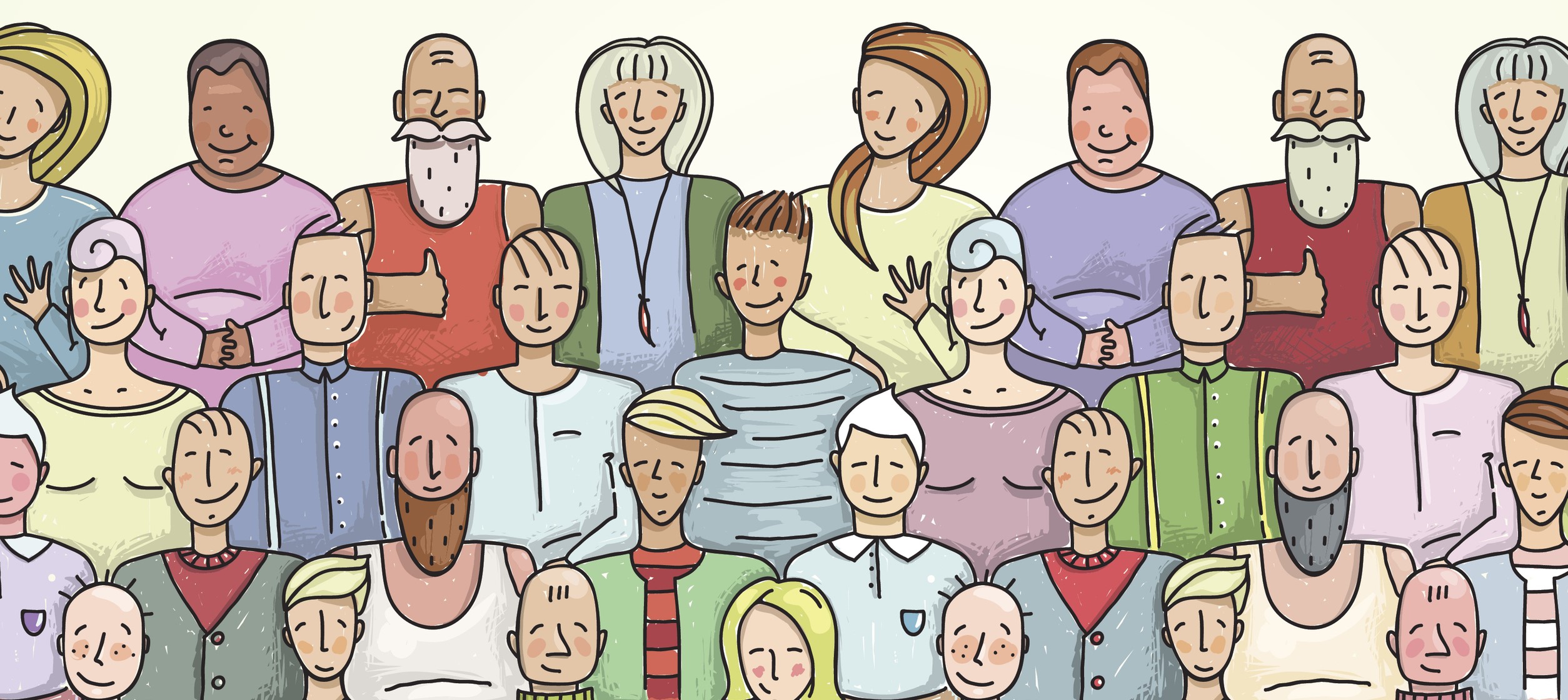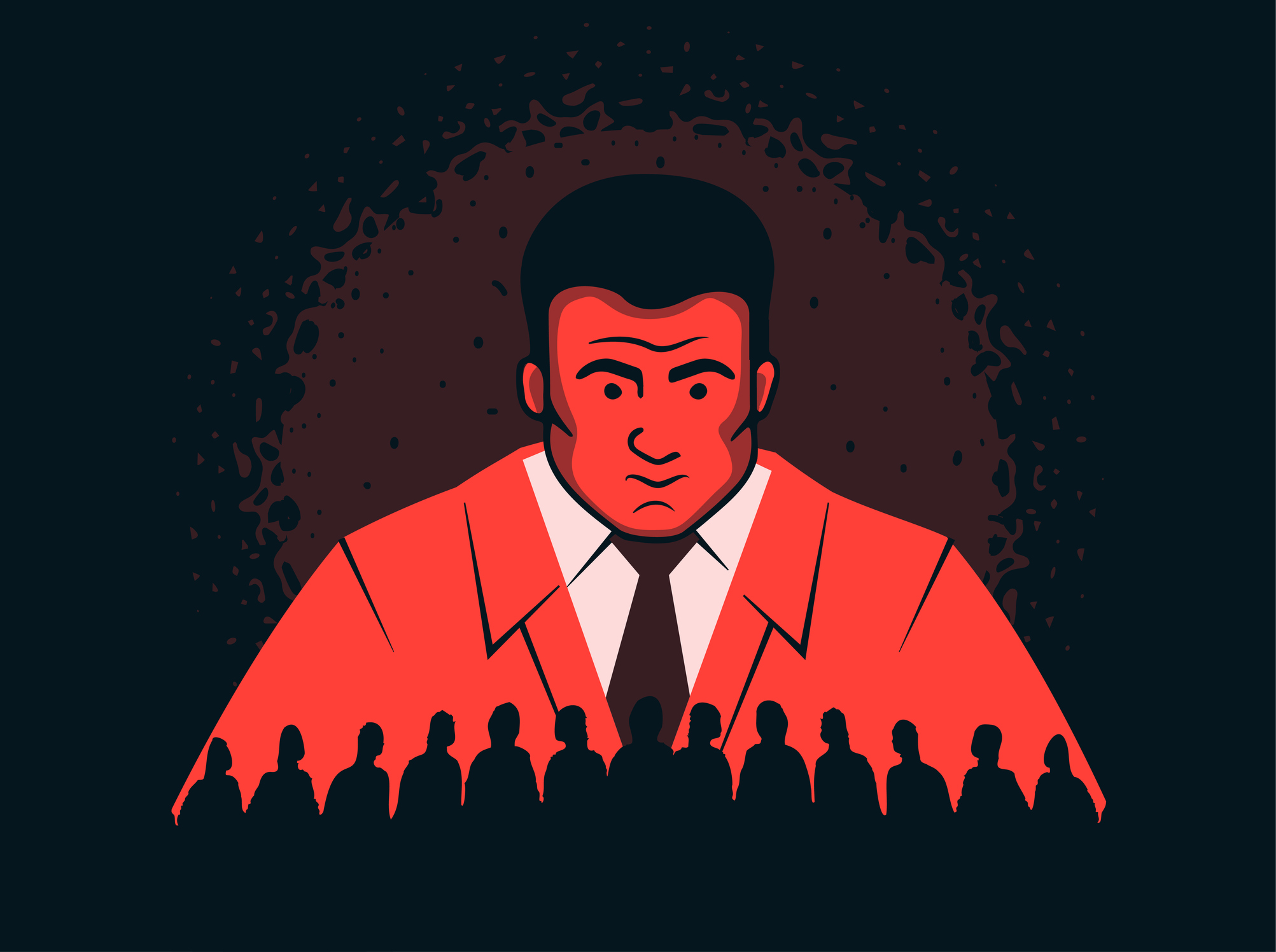I can’t tell you how many national organizations, based in coastal cities, have reached out to us in the last 16 weeks, eager to persuade Joe Manchin on a particular bill. It’s a lot.
The urge is understandable. We West Virginians know first hand how absolutely infuriating Joe Manchin can be, especially because this career politician is so good at being in the position in which he finds himself: the holder of the deciding vote in the U.S. Senate.
What national organizations want to know is: how do we persuade this pivotal figure?
Here’s my take, as a 15-year organizing veteran and the co-chair of the largest electoral base-building operation in West Virginia, WV Can’t Wait.
First of all, if you’re a Democrat worried about advancing Joe Biden’s agenda, know that much of it will move. Manchin will mostly fall in line with major Democratic priorities.
It’s important to understand the game Manchin is playing to see why this is so.
You’ll notice that Manchin has come out as a “no” on every major agenda item: stimulus, minimum wage, HR1. The list can and will go on. He’s in the headlines for weeks saying: No, I won’t vote for that. Then, inevitably, he counters with a more moderate position: Well, what about reduced stimulus checks? What about a lower minimum wage increase? What about some small changes to the filibuster?
This is his strategy. It’s been his strategy from the start. Manchin knows that the thing between two extremes often wins, and he gets to position himself in his favorite location: the middle. He gets to look “reasonable” and “deliberating,” steering every vote toward a more corporate-friendly, “moderate” outcome. Meanwhile, he gets to set and be the center of the national media narrative. And then he gets to make all sides feel like they won a little (which he loves to do) — even though he planned the sequence from the start.
If we aren’t careful, he’ll have national organizations spending millions of dollars on ad campaigns and short-term media blitzs, riding the rollercoaster he’s constructed.
It’s not that Manchin’s vote doesn’t matter. Of course it does. It’s just that he isn’t responding to us; we’re responding to him. And there’s an opportunity cost in the chase: we are missing out on the chance to invest in organizing that will replace Manchin-like figures for good.
The only real leverage we have against Manchin is to replace his machine.
When Manchin’s vote became so pivotal last January, a group of the smartest organizers I know in West Virginia got together to do what organizers do at the beginning of any campaign: map our points of leverage.
We found none.
His standing with donors? Nope. Manchin has taken contributions from the same extraction, pharmaceutical, and legal firms for his entire tenure. These executives and lobbyists are his friends, and he, their loyal politician.
His standing with the state Democratic Party? Nope. Manchin controls the entire apparatus. The former state Democratic Chairman was also Manchin’s chief of staff. His cousin is the State Party chair. He’s hand-picked every Democratic gubernatorial candidate since his tenure. The state party does his bidding because it believes its own survival depends on it.
Family? Moral outcry? Nope. Nope. You get the idea.
All of this is so because Manchin’s machine is vast. He first ran for office in 1982, winning a state house seat by a narrow margin. From there, he won a state senate seat and went on to become Secretary of State, then Governor, then U.S. Senator, consolidating resources along the way. Today, Manchin is a multi-millionaire who does as he pleases, indifferent to the long-term political success of the once-dominant West Virginia Democratic Party, the will of voters, or his would-be donors. He controls what he needs to maintain his position. He’s got nothing to lose.
With persuasion off the table, our only shot is to replace him outright. And not just him, but his infrastructure, or else we’re doomed to be in the same dance with the next politician he plucks in the next election cycle.
This work happens from the bottom up. Right now, we’re experimenting in WV Can’t Wait and are winning in fits and starts. Eleven of our 101 candidates in the 2020 election cycle are now in office. We lost our top of ticket races, but we’re finding success locally. Our latest wins are in Morgantown, WV, where two young, first-time candidates were just elected on a locally-crafted platform. This summer, we’re gearing up to back five city council slates in 2022 to see what else we can build. If we’re lucky, and keep an eye toward our base, like our colleagues in the New Georgia Project and the Rhode Island Political Cooperative, these burgeoning candidates can become our next House Delegates, Governors, and even U.S. Senators.
Our state has a long history of extraction; this is a chance to invest.
A West Virginia organizer called me last week, infuriated that a national advocacy organization had asked her to rustle up members of her community to call Senator Manchin about HR1. The way she sees it, there’s always money to chase the next federal fight. There’s never money to build enough power so that we can get our own folks into office and avoid these advocacy fights altogether. She refused the funds.
The economic and political history of West Virginia is one of taking: salt, timber, coal, gas. Even social programs, like the War on Poverty, a federal initiative designed to help West Virginians, did little to change the long-term economic realities of the vast majority of us while doing a great deal to reinforce the very stereotypes that continue to make so much extraction politically palatable to the rest of the country.
When a new industry or funder or executive or out-of-state volunteer program shows up, West Virginians know the drill: out-of-state folks will meddle with our communities, our laws, our elections — and then once they have the thing they came for, they’ll leave, never mind the shape we’re left in.
This means we are cautious of outside influence, of do-gooders and evil-doers alike.
Efforts to really help must include investments in long-term, locally-led work to win power. One practical way to navigate this is to ask: will this donation, this call, this text message, this training feed long-term power-building in the state? Will it feed home-grown strategies?
We’re thrilled with some recent investments from Movement Voter Project, Movement Labs, and other partners carrying the long view — and funding like it. We hope there will be more.
If this last election cycle taught us anything, it’s that we are in a generational fight for the future of our state and country. We’ve got to use our resources wisely, which means betting on deep, long-term, place-based organizing.
If we don’t, we will find ourselves back here, chasing the next Joe Manchin.
